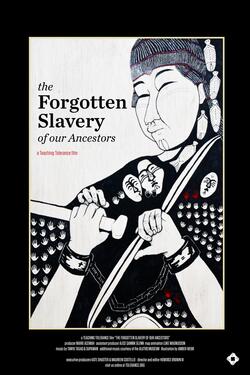Black History Month: Celebrating Black Liberation Movements
This Black History Month, we’re encouraging educators to recognize and teach that Black history includes narratives that don’t focus solely on trauma. While it’s imperative to teach about the realities of racial oppression, it’s just as important to engage students with the many ways Black people have consistently and powerfully resisted white supremacy. For the next week, we’ll be sharing some of our favorite resources for celebrating Black liberation movements.
- Black History Month: Teaching Beyond Slavery
- Black Lives Matter Week of Action
- Resistance Means More Than Rebellion


